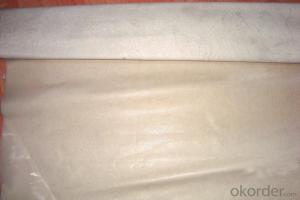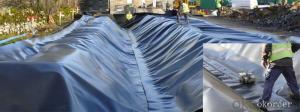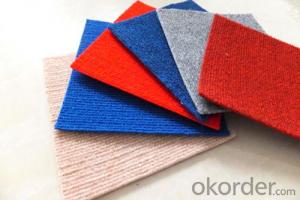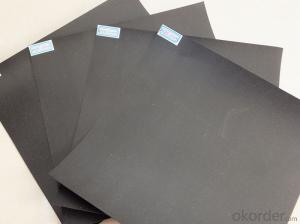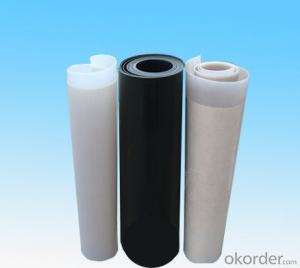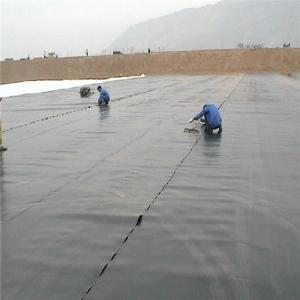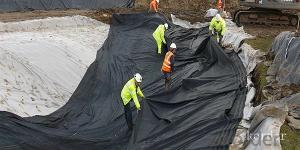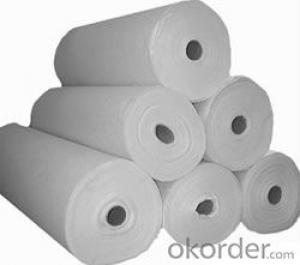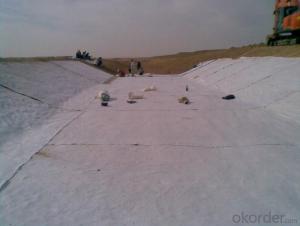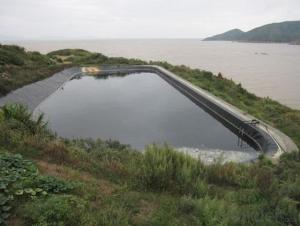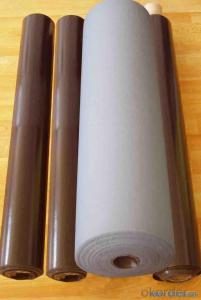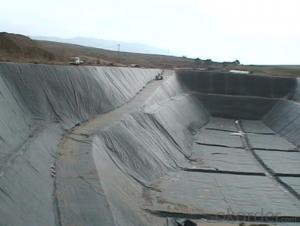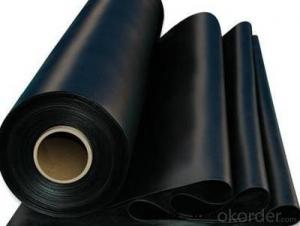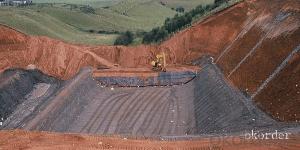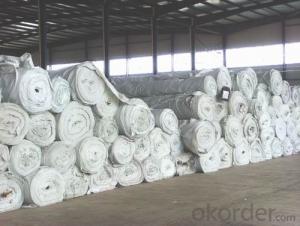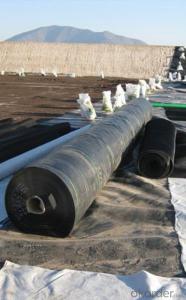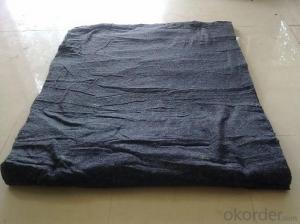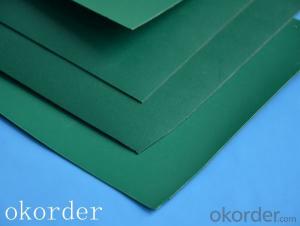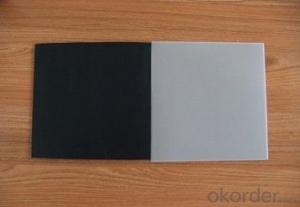All Categories
- - Steel Wire Rod
- - Steel Coils
- - Steel Profiles
- - Steel Pipes
- - Stainless Steel
- - Tinplate
- - Special Steel
- - Steel Sheets
- - Steel Rebars
- - Steel Strips
- - Hot Rolled Steel
- - Cold Rolled Steel
- - Pre-painted Steel
- - Seamless Steel Pipe
- - Welded Steel Pipe
- - Hollow Steel Tubes
- - Galvanized Pipe
- - Stainless Steel Coil
- - Stainless Steel Sheet
- - Stainless Steel Plate
- - Stainless Steel Strips
- - Electrolytic Tinplate Coil
- - Electrolytic Tinplate Sheet
- - Stainless Steel Rebars
- - Solar Panels
- - Solar Water Heater
- - Solar Related Products
- - Solar Inverter
- - Solar Cells
- - Solar Light
- - Solar Energy Systems
- - Solar Controllers
- - Solar Mounting System
- - Solar Pump
- - Solar Chargers
- - Fiberglass Chopped Strand
- - Fiberglass Mesh Cloth
- - Composite Pipes
- - FRP Pultrusion Profiles
- - Fiberglass Mat Tissue
- - Fiberglass Fabrics
- - Fiberglass Mesh
- - Composite Tank
- - Fiberglass Mesh tape
- - Polymer
- - FRP Roofing Panel
- - Fiberglass Roving
- - Monolithic Refractories
- - Ceramic Fiber Products
- - Refractory Bricks
- - Raw Materials For Refractory
- - Suspended Platform
- - Cranes
- - Concrete Machinery
- - Earthmoving Machinery
- - Building Hoist
- - Road Building Machinery
- - Plastic Pipe Fittings
- - Plastic Tubes
- - Plastic Sheets
- - Agricultural Plastic Products
- - Plastic Nets
 All Categories
All Categories
Q & A
What is the relationship between geomembranes and geogrids?
Geomembranes and geogrids are both materials used in geotechnical engineering, but they serve different purposes. Geomembranes are impermeable sheets made of synthetic materials like HDPE or PVC, used to prevent the seepage of liquids or gases in construction projects. On the other hand, geogrids are grid-like structures made of plastic or synthetic fibers, used to reinforce soil and distribute loads in applications like retaining walls or road construction. While both materials are used in geotechnical projects, their functions and applications are distinct.
How do geomembranes prevent oil spills from contaminating soil and water?
Geomembranes prevent oil spills from contaminating soil and water by acting as a barrier between the spill and the environment. These impermeable synthetic liners are installed on the ground or in containment structures to contain and prevent oil from seeping into the soil or reaching nearby water bodies. The geomembrane's high tensile strength and chemical resistance ensure that it effectively contains the oil and prevents it from spreading, minimizing the risk of environmental contamination.
How do geomembranes affect the soil nutrient cycling process?
Geomembranes can have a significant impact on the soil nutrient cycling process. Due to their impermeable nature, geomembranes can limit the movement of water and air into the soil, thereby reducing the availability of oxygen and water for soil microorganisms. This can inhibit the decomposition of organic matter and the release of nutrients, ultimately impeding the nutrient cycling process. Additionally, geomembranes can prevent the infiltration of rainfall, leading to water runoff and the loss of nutrients from the soil. Overall, geomembranes can disrupt the natural processes of nutrient cycling in the soil, potentially resulting in decreased soil fertility and productivity.
Are geomembranes resistant to chemical degradation?
Yes, geomembranes are typically resistant to chemical degradation. They are designed to withstand exposure to various chemicals and pollutants, making them an effective barrier for containment applications. However, the level of resistance may vary depending on the specific type of geomembrane material and the chemicals it is exposed to.
Wholesale Geomembranes from supplier in Mauritania
Our team of experts is well-versed in the specific requirements and challenges of the Mauritanian market, and we can provide you with tailored solutions to meet your unique project needs. Whether you require Geomembranes for mining, agriculture, water management, or any other application, we have the expertise and resources to deliver high-quality products that meet international standards.
In addition to our comprehensive product range, we also offer professional sales and quoting services to ensure that you receive the most competitive prices for your Geomembranes procurement. Our dedicated team will work closely with you to understand your requirements and provide you with accurate and timely quotations.
Furthermore, our technical support services are designed to assist you throughout the entire project lifecycle. From product selection and design to installation and maintenance, we are committed to providing you with the necessary guidance and support to ensure the successful completion of your projects.
As a subsidiary of CNBM, a Fortune Global 500 company, we have the backing of a highly reputable and financially stable organization. This allows us to guarantee the quality and reliability of our Geomembranes products, as well as provide you with the convenience of a one-stop procurement solution.
Choose us as your trusted supplier of Geomembranes in Mauritania, and let us help you achieve your project goals efficiently and effectively. Contact us today to discuss your requirements and discover how we can assist you in your Geomembranes procurement needs in Mauritania.
In addition to our comprehensive product range, we also offer professional sales and quoting services to ensure that you receive the most competitive prices for your Geomembranes procurement. Our dedicated team will work closely with you to understand your requirements and provide you with accurate and timely quotations.
Furthermore, our technical support services are designed to assist you throughout the entire project lifecycle. From product selection and design to installation and maintenance, we are committed to providing you with the necessary guidance and support to ensure the successful completion of your projects.
As a subsidiary of CNBM, a Fortune Global 500 company, we have the backing of a highly reputable and financially stable organization. This allows us to guarantee the quality and reliability of our Geomembranes products, as well as provide you with the convenience of a one-stop procurement solution.
Choose us as your trusted supplier of Geomembranes in Mauritania, and let us help you achieve your project goals efficiently and effectively. Contact us today to discuss your requirements and discover how we can assist you in your Geomembranes procurement needs in Mauritania.
